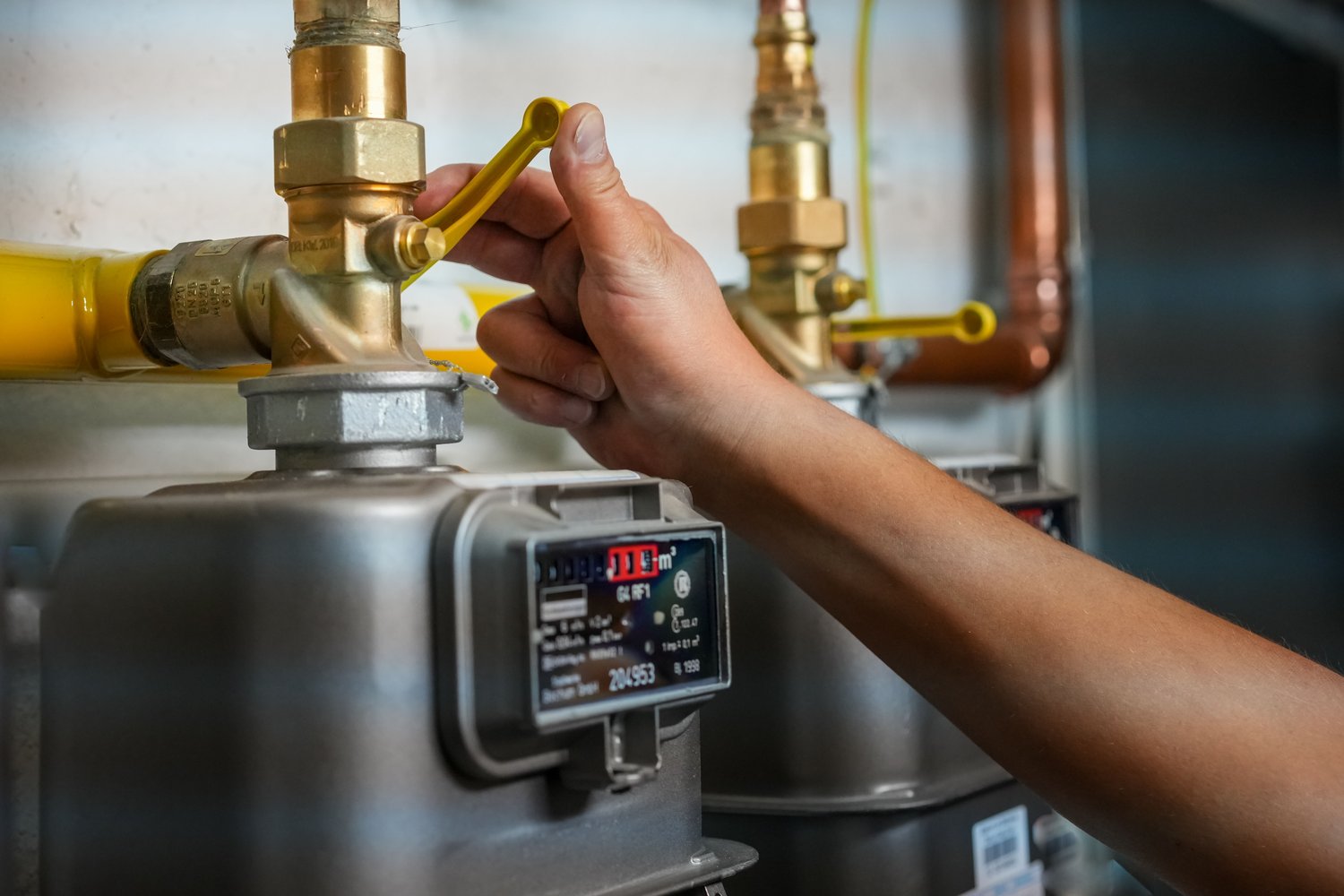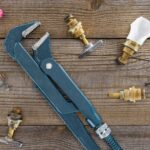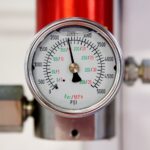Noisy water heaters can disrupt the peace of your home, turning the comforting sound of hot water into an unsettling rumble. Such noises often hint at underlying issues that, if unchecked, could lead to costly repairs. Understanding the root causes and taking proactive measures can save you both time and money, ensuring your water heater operates smoothly.
- The Anatomy of Water Heater Noise: Discover the workings of your water heater and differentiate harmless sounds from potential problems.
- Common Causes of Water Heater Rumbling: Identify frequent culprits like sediment buildup and malfunctioning heating elements early.
- Practical Steps for Fixing a Noisy Water Heater: Gain insights into effective methods such as flushing the tank and replacing faulty components.
By delving into this article, you’ll gain valuable knowledge on how to maintain an efficient and quiet water heating system. This guide promises to equip you with practical solutions, keeping your home tranquil and your water heater in top condition.
The Anatomy of Water Heater Noise: Fixing a Noisy Water Heater and Identifying Rumbling Sounds
A water heater is an essential part of any home’s plumbing system, quietly performing its role to ensure a steady supply of hot water. Yet, when this usually silent appliance begins to emit noisier sounds, it can be a cause for concern. Understanding the inner workings of a water heater can help in identifying the source of the noise and guide in resolving these issues to maintain efficiency and prolong the system’s lifespan.
Water heaters generally produce some level of sound during normal operation, but it’s crucial to recognize which of these noises may signify underlying problems. Typically, the main components responsible for sound production include the burner, tank, and heating elements. While some gentle humming is normal, distinct noises such as rumbling, popping, or crackling can suggest potential malfunctions.
Distinguishing between harmless noises and those signaling trouble involves paying close attention to frequency and duration. Rumbling noises can indicate the presence of sediment build-up, which is commonly found in areas with hard water. These sounds result from heated water bubbling through the layer of sediment, causing vibrations.
Learning to identify these auditory cues will enable you to act swiftly, ensuring that minor inconveniences do not escalate into costly repairs. This proactive approach to maintenance not only reduces noise pollution but also enhances the overall performance of your home’s water heating system.
Common Causes of Water Heater Rumbling
Rumbling noises in a water heater are a relatively common phenomenon and are often pointers to underlying issues that need immediate attention. One of the primary causes of these sounds is sediment buildup. Over time, minerals from hard water settle at the bottom of the water heater tank, forming a rigid layer that traps water underneath. When heated, this trapped water turns into steam, leading to a rumbling or popping sound as it tries to escape through the sediment.
Another potential cause of rumbling involves aging or failing heating elements. If these components become worn out, they might not function efficiently, leading to overheating and subsequent noise production. These factors, if left unaddressed, can overstress the system, reducing the heater’s efficiency and lifespan.
To prevent these issues, regular maintenance such as flushing the tank to remove sediment and checking the condition of heating elements is recommended. By addressing these root causes early, you not only resolve the noisy disruptions but also avert more extensive—and expensive—repairs in the future.
Practical Steps for Fixing a Noisy Water Heater: Resolving Rumbling Sounds
Experiencing rumbling noises from your water heater can be unsettling. Fortunately, there are effective methods to address and remedy these issues. A common cause of such noises is sediment buildup in the tank, which can often be resolved by flushing your water heater. Regularly performing this maintenance task is crucial to prevent future issues.
To flush the water heater, start by turning off the power supply or gas input to ensure safety. Next, connect a hose to the drain valve and redirect the water into a bucket or drain. Open the valve to allow the water and sediment to flow out. This process can significantly reduce the collected sediment, minimizing the rumbling sound.
In cases where flushing doesn’t completely resolve the problem, you may need to look at replacing faulty components. Old or damaged heating elements can also contribute to noise. Inspect these elements for wear and tear regularly. If you notice signs of damage, consider replacing them to ensure your water heater runs efficiently and quietly.
Beyond these immediate fixes, consider installing a water softener if you live in an area with hard water. This can reduce the accumulation of minerals, extending the life of your water heater and keeping it noise-free.
By taking these practical steps, you can effectively reduce or eliminate rumbling sounds from your water heater. Consequently, this not only enhances your comfort at home but also ensures your water heating system continues to operate at peak performance. Implementing these solutions is a key step in maintaining a long-lasting and efficient water heater.
Frequently Asked Questions About Noisy Water Heaters
What causes a water heater to make rumbling noises?
Rumbling noises often stem from sediment buildup at the bottom of the tank or malfunctioning heating elements.
Can sediment buildup damage my water heater?
Yes, sediment can lead to inefficient heating and potential damage over time if not addressed.
How often should I flush my water heater?
It’s recommended to flush your water heater at least once a year to prevent sediment buildup.
What is the first step in fixing a noisy water heater?
Begin by turning off the power supply and allowing the heater to cool before any inspection or maintenance.
When should I contact a professional?
If noise persists after taking basic maintenance steps, or if you’re unsure, contacting a professional is advisable.





